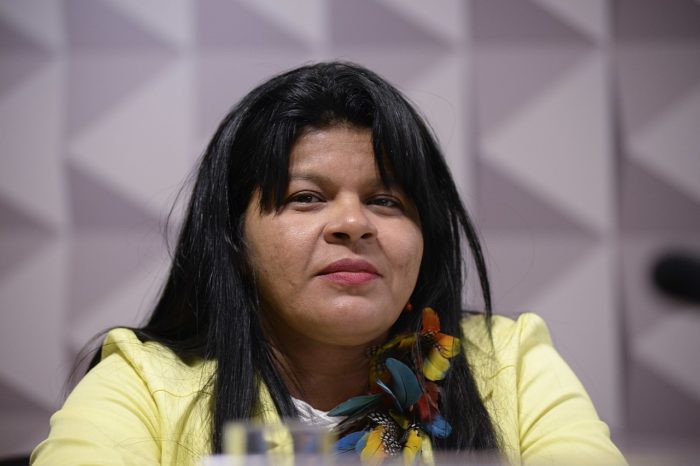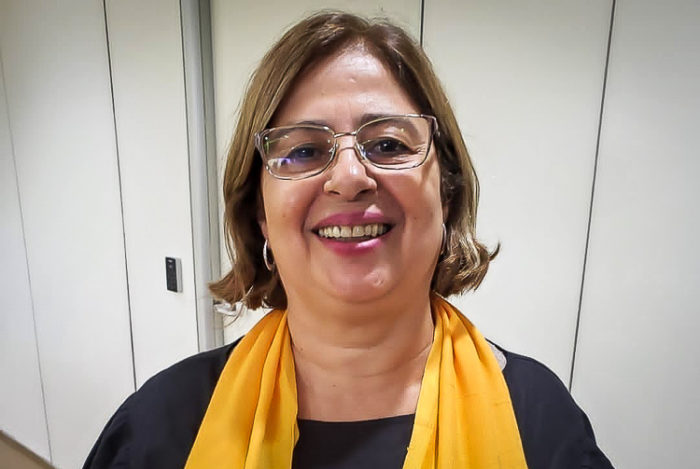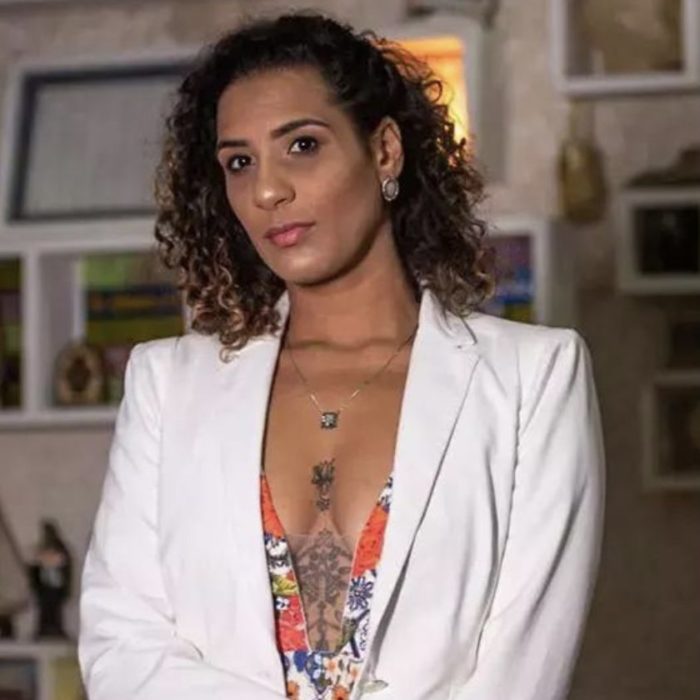While Bolsonaro fled into self-imposed exile in Florida, Lula took office in a wave of relief and optimism as thousands of supporters cheered, sang and danced in front of the Planalto Palace, Brasilia. The green grass became a sea of red. People had travelled to the capital from all over Brazil, enduring bus journeys of up to three days to be there at what everyone knew was an historic moment.
They were celebrating the return of their country to democracy and normality after the nightmare of four years of violence, destruction and pillage sanctioned by Bolsonaro. Some of his more fanatical fans are still camped outside Army HQ, but their numbers have dwindled as they realize their leader has abandoned them, and Lula really is president.
Two days before the end of his term as president, Bolsonaro left the presidential palace by the back door and took off for Miami in an Air Force plane, telling no one where he was going, apparently fearing arrest for his many crimes if he stayed until Lula took office.
This meant that the traditional passing of the presidential sash could not take place. Instead Lula received the sash from a group of men, women and children representing Brazil’s minorities, among them veteran indigenous leader Raoni, a metalworker, a recycler of waste paper, and a physically handicapped man.
Ignoring security concerns inspired by a foiled plan to blow up a fuel tanker near the airport and vandalism by Bolsonaristas in the heart of Brasilia, Lula insisted on riding in an open car – a 70 year old Rolls Royce – and refused to wear a bullet proof vest. But police agents were everywhere, snipers manned rooftops and the public was searched, because of the possible threat from rightwing terrorists. In the end the inauguration went off without incident, peacefully, a good augury for the future.

Over 60 countries sent representatives, including presidents, prime ministers and a king, to the inauguration. Lula shook hands, embraced, kissed and spoke to each one of them. He then swore in his cabinet with 37 ministers, including 11 women. They include the newly created ministries for ‘original’ or indigenous peoples, headed by Sonia Guajajara, an activist; for Racial Equality, headed by Anielle Franco, sister of the murdered Rio councillor and activist Marielle Franco; and for Women, headed by Cida Gonçalves.


Lula had to indulge in a feat of political engineering to accommodate not only different factions in his party, the PT, and from the parties that made up the coalition that won the election, but also from the centre and centre-right parties who have elected large numbers to congress, many of them Bolsonaro supporters, and whose votes are needed to pass any new laws. The resulting ministry is a political Rubick’s Cube.
In his acceptance speech, Lula said his transition team, which numbered almost a 1,000 people by the end, had passed a fine comb through all the previous government’s records and files and encountered a situation of destruction.
His first measures, taken on the night of his inauguration, set about remedying the situation. New gun controls were introduced to put an end to the influx of weapons encouraged by Bolsonaro into private hands, and very often from there to criminal gangs. New lucrative diplomatic sinecures created in the dying days of the Bolsonaro government to shelter friends and allies, were abolished. The privatization of eight state companies, including Petrobras and the Post office was cancelled. The Amazon Fund, paralyzed by Bolsonaro, was restored, with Germany promising an immediate injection of funds.
Decrees were revoked which had allowed mining in indigenous lands and abolished Conama, a committee to monitor decisions on the environment, which included members of civil society. Bolsonaro had a horror of the participation of civil society in any capacity. He preferred to entrust the environment, the Amazon and indigenous affairs to military and police agents, however ignorant they were, or perhaps because they were ignorant.
Which is why the retomada or taking back of Funai, the National Indian Foundation, renamed the Foundation for Indigenous Peoples, was so emotional. Sonia Guajajara, the new minister, chose indigenous leader and congresswoman Joenia Wapixana to head it and her arrival was greeted with cheers and applause. During the dictatorship Funai was presided over by generals, during the civilian governments which followed, by anthropologists, for the last four years, by a military police officer. Never before had it been led by an indigenous person.
In just one day, Lula has changed Brazil and begun the task of making it a more inclusive, diverse country. In his speeches he also declared his fight against Brazil’s inequality, one of the worst in the world, shedding tears when he spoke of the Brazilians who are reduced to queueing up to get bones from butchers to make soup while the rich queue up to buy luxury cars.
Four years ago when Bolsonaro was elected I wrote about the climate of fear which descended over Brazil. Now there is a climate of hope, of joy. In the crowd that greeted Lula with rapturous applause in Brasilia I saw a placard which said, Brasil feliz de novo. Brazil is happy again.

